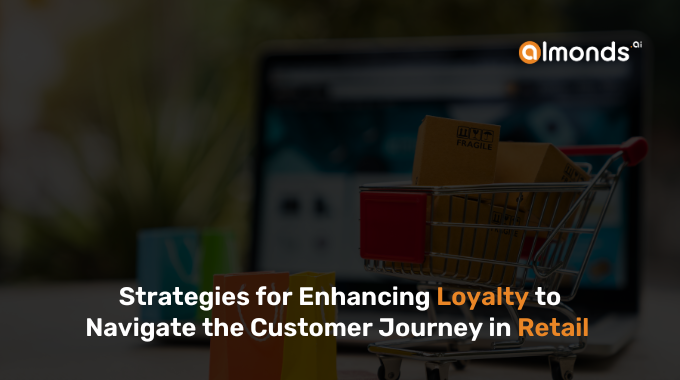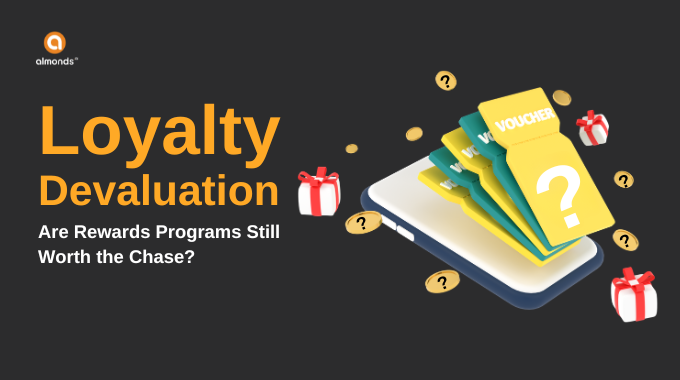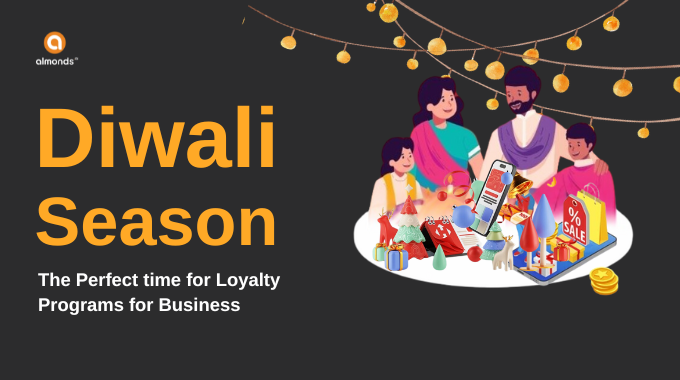In the retail sector, especially within the B2B context, understanding the customer journey is a pivotal aspect of business strategy. This journey represents the various stages a customer goes through in their interaction with a brand, from initial awareness to long-term loyalty. Grasping these stages is crucial for businesses to optimize channel partner engagement, and customer experience, and drive sustained growth.
The 5 Stages of a Retail Customer Journey
The customer journey in retail is a complex and multifaceted process. Understanding and optimizing each stage of this journey is crucial for businesses looking to build lasting relationships with their partners. Here’s a detailed look at the five critical stages:
- Awareness: This initial stage is all about making potential customers aware of your products or services. In the retail context, this often involves targeted marketing efforts aimed at specific business audiences.
For example, a wholesale supplier might use industry-specific publications or digital marketing strategies to reach retail businesses that could benefit from their products. The goal here is to capture the attention of potential customers and make a strong first impression. - Consideration: Once you’ve captured the interest of potential customers, they enter the consideration stage. Here, they evaluate what you offer against competitors. This stage involves detailed research by customers, often looking at factors like pricing, product range, service quality, and reliability. Here, buyers might seek testimonials, case studies, or request samples. For businesses, providing comprehensive, transparent, and easily accessible information is key to influencing the customer’s decision positively.
- Purchase: The purchase stage is where negotiations and final decisions happen. In retail, this stage can be quite complex, involving contracts, bulk orders, and long-term supply agreements. Factors like pricing flexibility, payment terms, and the ease of the procurement process play a significant role. Ensuring a smooth, efficient, and professional purchasing experience can significantly influence the customer’s decision to close the deal.
- Experience: After the purchase, the customer’s experience with your product or service becomes the focal point. This stage is crucial for building trust and credibility. It includes aspects like the quality of goods delivered, adherence to delivery schedules, customer service, and support. A positive post-purchase experience is vital to move the customer towards loyalty.
- Loyalty: The final stage is where a one-time buyer becomes a loyal customer. In retail, fostering loyalty involves more than just delivering quality products. It includes creating personalized experiences, offering loyalty rewards or discounts on future purchases, and maintaining regular and meaningful communication. Building loyalty in B2B is about nurturing a relationship that goes beyond transactions, focusing on long-term partnership and mutual growth.
The Profitability of Customer Loyalty
Research indicates that in the B2B retail sector, fostering customer loyalty can significantly enhance net income and profitability. Loyal customers tend to make larger and more frequent purchases, and their advocacy brings in new business opportunities.
5 Strategies to Influence the Customer Journey through Channel Partners
Channel partners play a critical role in enhancing the customer journey as they are the ones who introduce the product to customers. That’s why brands require strategic and nuanced approaches to improve customers’ journey. Here are five effective strategies that businesses can employ to influence this journey positively:
- Identifying Key Decision Moments: Understanding when and how your channel partners make crucial decisions is vital. This involves analyzing the customer’s journey to pinpoint moments where customers are most likely to make purchase decisions or consider alternative options. By identifying these key moments, you can tailor your communications and offers to be more effective and punctual, thereby positively influencing their decision-making process.
- Valuing B2B Channel Partner Relationships: In the B2B market, relationships are everything. Showing your channel partners that they are valued goes a long way in building loyalty. It builds loyalty and motivates them to do better. It could involve personalized communication, recognizing milestones in your partnership, or providing exclusive services. By investing in the relationship beyond the transactional level, you encourage long-term loyalty and advocacy.
- Brand and Value Alignment: Aligning your brand’s values with those of your channel partners creates a deeper connection. Understand what matters most to your customers and channel partners – be it sustainability, innovation, quality, or service excellence – and ensure your brand messaging and actions reflect these values. This alignment makes your brand more attractive to them who share similar values.
- Personalized Offers: It is a powerful tool in influencing the customer’s journey. Utilizing data analytics to understand your customers’ preferences and past interactions enables you to create tailored offers and solutions that are more likely to resonate with them. This could be in the form of customized product bundles, special pricing models, or unique service offerings.
- Seamless Omnichannel Experience: Channel partners expect a consistent and seamless engagement across all channels, whether it’s online, through a mobile app, or in-person. Ensure that they receive the same level of service and information regardless of how they interact with your brand. An integrated and cohesive omnichannel strategy not only improves the experience but also builds trust and reliability.
In conclusion, effectively navigating the B2B customer journey is essential for retail businesses aiming to build lasting relationships and achieve sustained growth. The key lies in understanding and strategically influencing each stage of the journey, from the initial awareness to fostering deep loyalty. The above-mentioned approaches not only enhance customer satisfaction but also solidify long-term partnerships. As businesses in the B2B retail sector leverage these strategies, they are well-positioned to optimize their customer journeys, leading to increased loyalty, profitability, and competitive advantage in the market.







